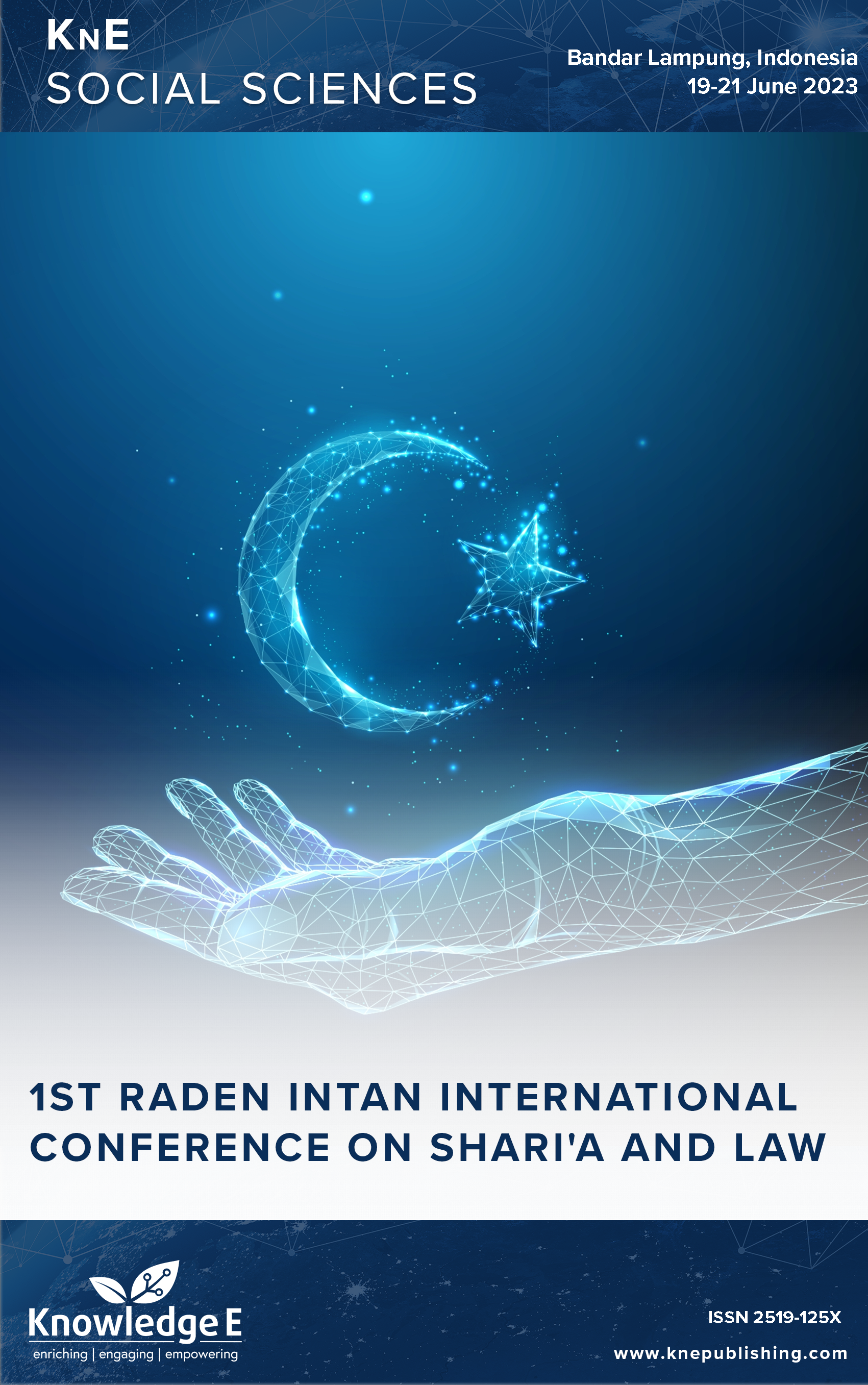Fintech Based Investment Analysis (Peer to Peer Lending) in Sharia Economic Law and Positive Law
DOI:
https://doi.org/10.18502/kss.v9i2.15026Abstract
The development of digital technology today creates updates in all aspects of life, including investment. Investment is not something that is prohibited in Islam, but in practice, it must pay attention to Sharia principles. With the emergence of financial technology (Fintech)-based investment systems in various platforms, one of which is peer to peer (P2P) lending balanced with high levels of investment among millennials. In this case, Indonesian society, which is predominantly Muslim, must be careful in analyzing and making choices in investing, whether it is following the Shari’a and how the law regulates it. This research includes juridical-normative law research, to find out the review of Islamic law and positive law on fintech P2P lending and a conceptual approach to find out the concept of fintech P2P lending. The results of the study found that investment through the P2P lending platform is permissible in Islam with terms and conditions that are in accordance with Shari’ah principles. The contracts that can be used in P2P lending are al-bai’, ijarah, mudharabah, musyarakah, wakalah bi al ujrah, and qardh contracts. Every P2P Lending provider must obtain a permit from the Financial Services Authority (OJK) to run the entire lending system (POJK No. 77/POJK.01/2016) as well as follow the provisions of the DSN MUI Fatwa Number 117 of 2018. In positive law, it is regulated in the Civil Code, POJK Number 10 of 2022 and Bank Indonesia Regulation Number 19/12/PBI/2017.
Keywords: investment, peer to peer lending, law
References
Pemerintah RI. Peraturan Pemerintah Republik Indonesia Nomor 8 Tahun 2007 Tentang Investasi Pemerintah 2007.
Atrium L. Optimalkan keuntungan bisnis dengan investasi obligasi. HSBC - ANA Travel Fair 2023. https://www.hsbc.co.id/ diakses pada 21 Mei 2023 (accessed July 20, 2023).
panseljpt. Informasi Pengumuman Seleksi Terbuka JPT Pratama. Informasi Pengumuman Seleksi Terbuka JPT Madya 2023. https://panseljpt.bkpm.go.id/ (accessed July 20, 2023).
Fakhruddin MH. Istilah Pasar Modal A-Z. Jakarta: Elex Media Komputindo; 2008.
Garner AB. Black Law Dicionary. USA: West Publishing Co; 2009.
Pangestu A. Batara Daniel Bagana, Faktor-Faktor Yang Mempengaruhi Minat Investasi Generasi Milenial di Kota Semarang. Jurnal Ilmiah Ekonomi Dan Bisnis 2022;15:215. DOI: https://doi.org/10.51903/e-bisnis.v15i2.671
OJK. Sikappi Uang Mu B y Otoritas Jasa Keuangan. Sikapi Keuangn Mu 2023. https://sikapiuangmu.ojk.go.id/FrontEnd/CMS/Article/20566.
OJK. Orotiras Jasa Keuangan 2023. https://www.ojk.go.id/ diakses (accessed May 23, 2023).
Suparmin A. Asuransi Syari’ah: Konsep Hukum dan Operasionalnya. Ponorogo: Uwais Inspirasi Indonesia; 2019.
Romanna T H. Seluk-Beluk Peer To Peer Lending Sebagai Wujud Baru Keuangan Di Indonesia. Jurnal Bina Mulia Hukum 2019;3:188.
Nerissa A G. 13 Rekomendasi Aplikasi P2P Lending Terbaik dan Tepercaya di Indonesia. Glints 2023.
Rahardyan A. Cek Bunga dan Biaya Pinjol. Cek Biaya PINJOL 2023. https://finansial.bisnis.com/read/20220907/563/1574948/cek-bunga-dan-biayapinjol- di-5-platform-p2p-lending-populer (accessed May 30, 2023).
Eva F, Puspita R. Perlindungan Hukum Bagi Nasabah dalam Pinjaman Online Ditinjau dari Peraturan Otoritas Jasa Keuangan Nomor 77/POJK.01/2016 Tentang Layanan Pinjam Meminjam Uangber Basis Teknologi Informasi (Studi Kasus: Di Kabupaten Banyuwangi). Nusantara Hasanah Jurnal 2016;5:11.
Syafi’i Antonio M. Bank Syariah Dari Teori Ke Praktik. Jakarta: Gema Insani Press; 2001.
DSN-MUI F. No: 117/DSN-MUI/II/2018 Tentang Layanan Pembiayaan Berbasis Teknologi Informasi Berdasarkan Prinsip Syariah 2018.
Erlina. Perlindungan Hukum Terhadap Pasien Dalam Kontrak Terapeutik. Jurisprudentie 2016;3:78.
Aathifah N N. Perspektif Hukum Positif dan Hukum Ekonomi Syariah Terhadap Perlindungan Hukum Nasabah (Customer) Dalam Transaksi Pinjaman Online (Fintech). Makassar: UIN Alauddin Makassar; 2021.

